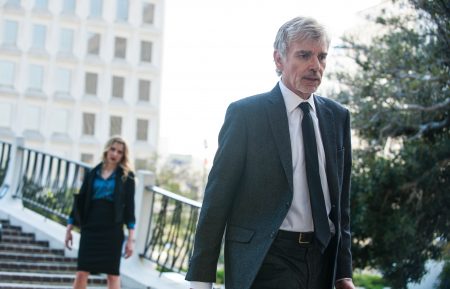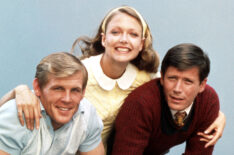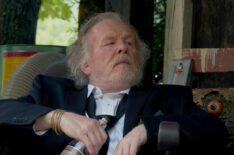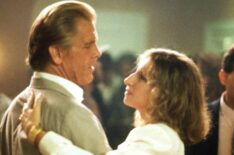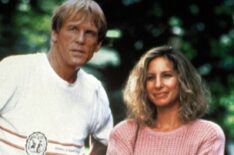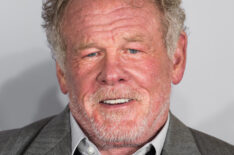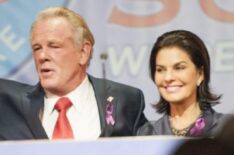Nick Nolte
Credits

Crime 101
Actor
Movie
2025

The Golden Voice
Actor
Barry
Movie
2025
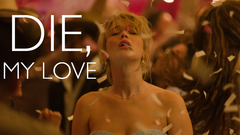
Die, My Love
Actor
Harry
Movie
2025

Poker FaceStream
Guest Star
Arthur
Series
2023

Blackout
Actor
Ethan McCoy
Movie
2022
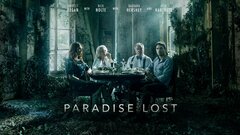
Paradise Lost
Actor
Series
2020

Last Words
Actor
Movie
2020

The MandalorianStream
Actor
Kuiil
Series
2019

The MandalorianStream
Guest Star
Kuiil
Series
2019

Angel Has FallenStream
Actor
Clay Banning
Movie
2019

The Padre
Actor
Nemes
Movie
2018

Head Full of Honey
Actor
Amadeus
Movie
2018
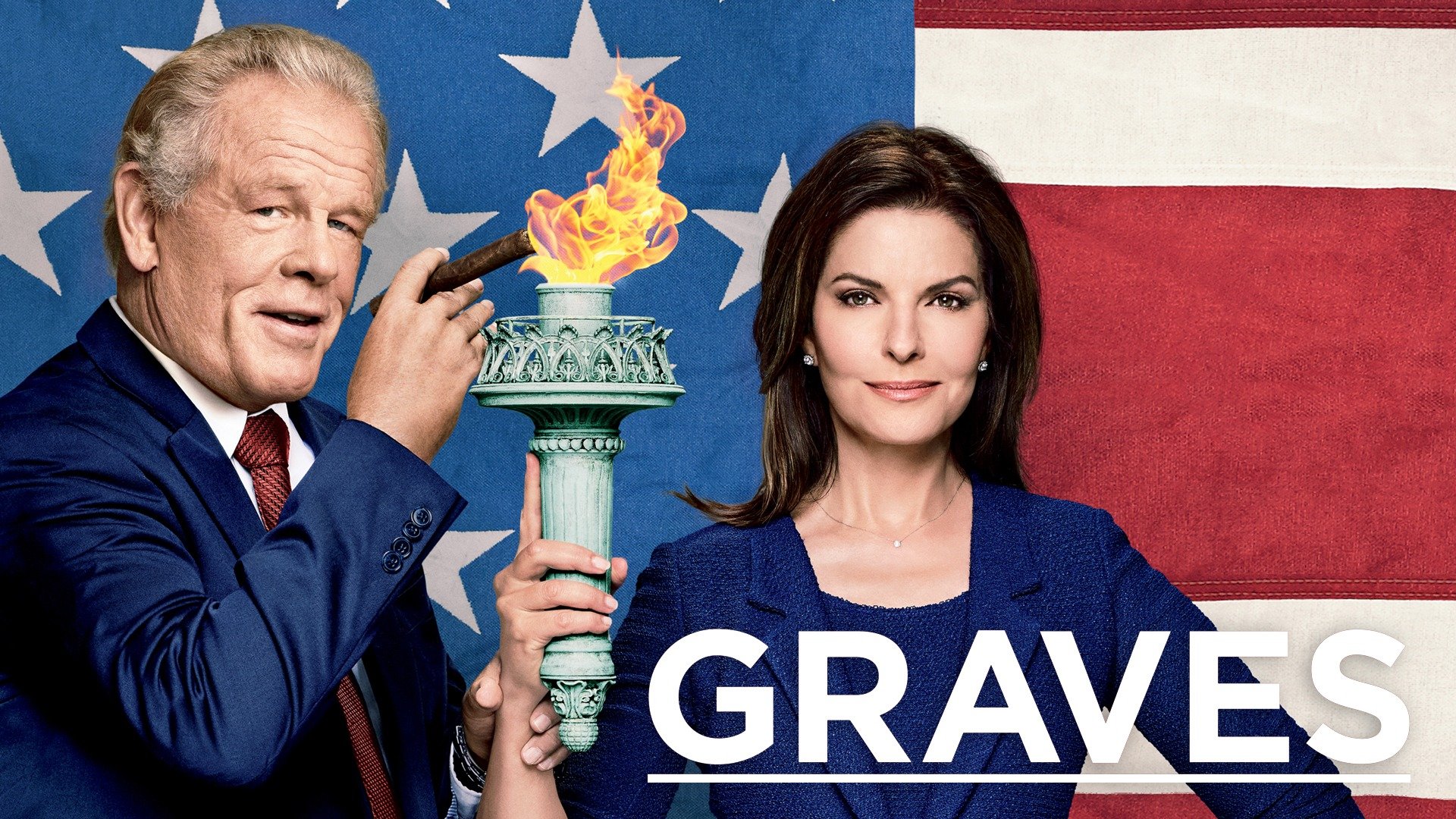
GravesStream
Actor
President Richard Graves
Series
2016

A Walk in the WoodsStream
Actor
Stephen Katz
Movie
2015

Return to Sender
Actor
Mitchell Wells
Movie
2015

The Ridiculous 6
Actor
Frank Stockburn
Movie
2015

GracepointStream
Actor
Jack Reinhold
Series
2014

Asthma
Voice
Werewolf
Movie
2014

Hateship LoveshipStream
Actor
Mr. McCauley
Movie
2013

The Trials of Cate McCall
Actor
Bridges
Movie
2013

Gangster Squad
Actor
Chief Parker
Movie
2013
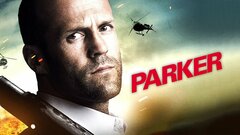
ParkerStream
Actor
Hurley
Movie
2013

Movie Talk With Peter Bart
Guest
Show
2012
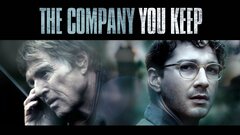
The Company You KeepStream
Actor
Donal Fitzgerald
Movie
2012

A puerta fría
Actor
Mr. Battleworth
Movie
2012

Ultimate Rush
Narrator
Show
2011
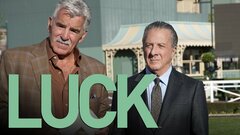
LuckStream
Actor
Walter Smith
Series
2011
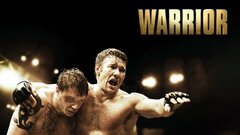
WarriorStream
Actor
Paddy
Movie
2011
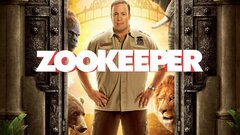
ZookeeperStream
Voice
Bernie the Gorilla
Movie
2011
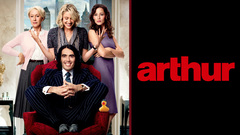
ArthurStream
Actor
Burt Johnson
Movie
2011
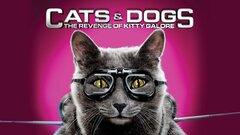
Cats & Dogs: The Revenge of Kitty GaloreStream
Voice
Butch
Movie
2010

My Own Love Song
Actor
Caldwell
Movie
2010

Arcadia Lost
Actor
Benerji
Movie
2010
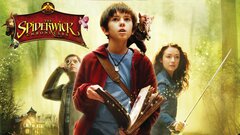
The Spiderwick ChroniclesStream
Voice
Mulgarath
Movie
2008

The Mysteries of Pittsburgh
Actor
Joe Bechstein
Movie
2008
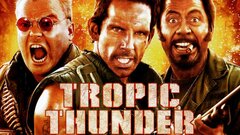
Tropic ThunderStream
Actor
Four Leaf Tayback
Movie
2008

Nick Nolte: No Exit
Self
Movie
2008

Chicago 10
Voice
Thomas Foran
Movie
2007

Over the Hedge
Voice
Vincent
Movie
2006

Peaceful Warrior
Actor
Socrates
Movie
2006

Off the Black
Actor
Ray Cook
Movie
2006

Paris, je t'aime
Actor
Vincent
Movie
2006

A Few Days in September
Actor
Elliot
Movie
2006

Mirnyy voin
Actor
Movie
2006

Made in Hollywood
Guest
Series
2005

Entertainment Tonight Canada
Guest
Show
2005

Neverwas
Actor
T.L. Pierson
Movie
2005

Hotel RwandaStream
Actor
Colonel Oliver
Movie
2004

Clean
Actor
Albrecht Hauser
Movie
2004

The Beautiful Country
Actor
Steve
Movie
2004

Northfork
Actor
Father Harlan
Movie
2003
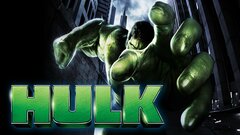
HulkStream
Actor
David Banner
Movie
2003

This So-Called Disaster
Actor
Himself/Brother
Movie
2003

The Good Thief
Actor
Bob
Movie
2002

Atrapado en la Sombra
Actor
Movie
2002

Investigating Sex
Actor
Faldo
Movie
2001

Investigating Sex
Producer
Movie
2001

Trixie
Actor
Senator Drummond Avery
Movie
2000

The Golden Bowl
Actor
Adam Verver
Movie
2000

Breakfast of Champions
Actor
Harry Le Sabre
Movie
1999

Simpatico
Actor
Vinnie
Movie
1999

NightwatchStream
Actor
Inspector Thomas Cray
Movie
1998

The Thin Red LineStream
Actor
Lt. Col. Tall
Movie
1998
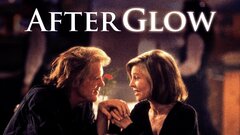
AfterglowStream
Actor
Lucky Mann
Movie
1997
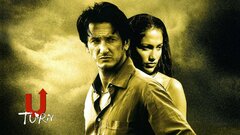
U-TurnStream
Actor
Jake McKenna
Movie
1997
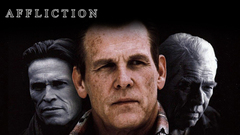
AfflictionStream
Actor
Wade Whitehouse
Movie
1997

AfflictionStream
Executive Producer
Movie
1997
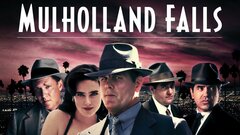
Mulholland FallsStream
Actor
Max Hoover
Movie
1996

Mother Night
Actor
Howard Campbell
Movie
1996

Jefferson in Paris
Actor
Thomas Jefferson
Movie
1995

Entertainers: With Byron Allen
Guest
Show
1994

I'll Do Anything
Actor
Matt Hobbs
Movie
1994
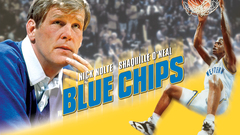
Blue ChipsStream
Actor
Pete Bell
Movie
1994

I Love Trouble
Actor
Peter Brackett
Movie
1994
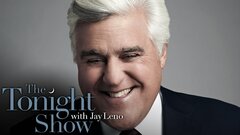
The Tonight Show With Jay Leno
Guest
Talk
1992
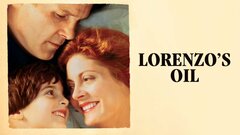
Lorenzo's OilStream
Actor
Augusto Odone
Movie
1992

Cape FearStream
Actor
Sam Bowden
Movie
1991

The Prince of TidesStream
Actor
Tom Wingo
Movie
1991

Everybody Wins
Actor
Tom O'Toole
Movie
1990
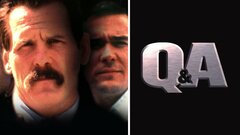
Q & AStream
Actor
Captain Lt. Michael 'Mike' Brennan
Movie
1990
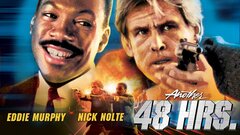
Another 48 HRS.Stream
Actor
Jack Cates
Movie
1990

Adiós al Rey el Desertor
Actor
Movie
1989

Three Fugitives
Actor
Lucas
Movie
1989

Farewell to the King
Actor
Learoyd
Movie
1989

New York Stories
Actor
Lionel Dobie
Movie
1989

Weeds
Actor
Lee Umstetter
Movie
1987

Extreme Prejudice
Actor
Jack Benteen
Movie
1987
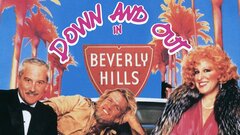
Down and Out in Beverly HillsStream
Actor
Jerry Baskin
Movie
1986

The Ultimate Solution of Grace Quigley
Actor
Seymour Flint
Movie
1984

Teachers
Actor
Alex Jurel
Movie
1984
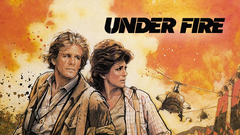
Under FireStream
Actor
Russell Price
Movie
1983

Cannery Row
Actor
Doc
Movie
1982
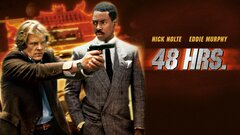
48 Hrs.Stream
Actor
Jack Cates
Movie
1982
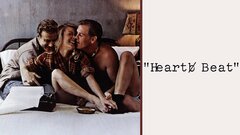
Heart BeatStream
Actor
Neal Cassady
Movie
1980

CBS News Sunday MorningStream
Guest
News
1979
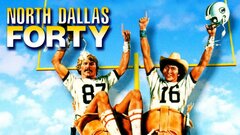
North Dallas FortyStream
Actor
Phillip Elliott
Movie
1979

Who'll Stop the Rain?
Actor
Ray Hicks
Movie
1978
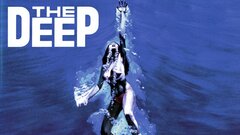
The DeepStream
Actor
David Sanders
Movie
1977
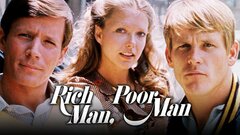
Rich Man, Poor Man
Actor
Tom Jordache
Miniseries
1976

The Runaway Barge
Actor
Roy Blount
Movie
1975

Return to Macon County
Actor
Bo Hollinger
Movie
1975

Le Retour dangereux
Actor
Movie
1975

Death Sentence
Actor
John Healy
Movie
1974

Winter Kill
Actor
Dave Michaels
Movie
1974
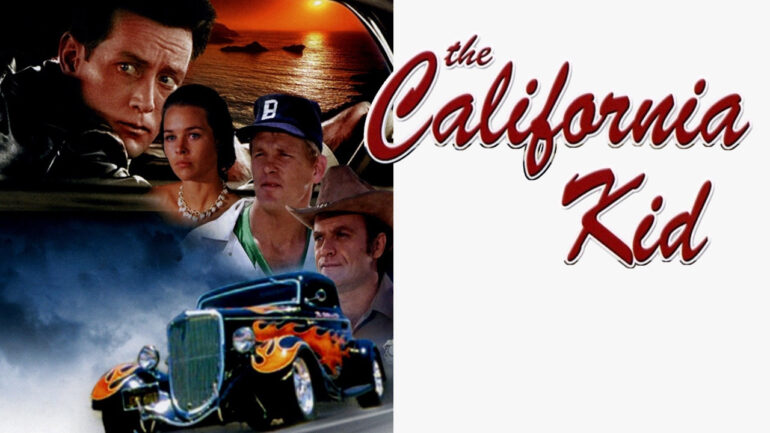
The California KidStream
Actor
Buzz Stafford
Movie
1974
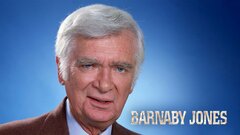
Barnaby JonesStream
Guest Star
Series
1973
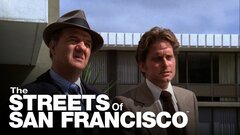
The Streets of San FranciscoStream
Guest Star
Captain Alan Melder
Series
1972
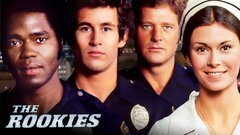
The RookiesStream
Guest Star
Series
1972
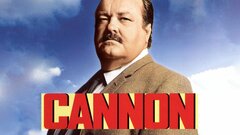
Cannon
Guest Star
Ron Johnson
Series
1971
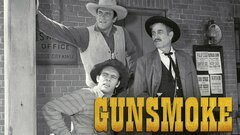
GunsmokeStream
Guest Star
Barney Austin
Series
1955
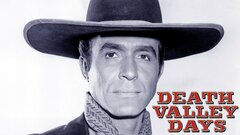
Death Valley DaysStream
Actor
Vic
Series
1952

Death Valley DaysStream
Guest Star
Vic
Series
1952

TodayStream
Guest
News
1952
News aboutNick Nolte
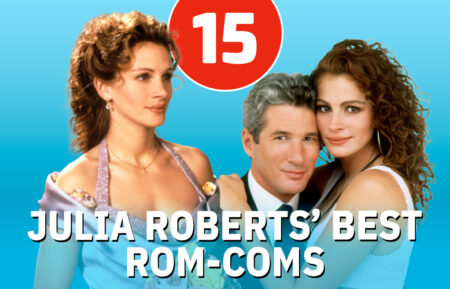
Julia Roberts’ 15 Best Rom-Com Movies, Ranked
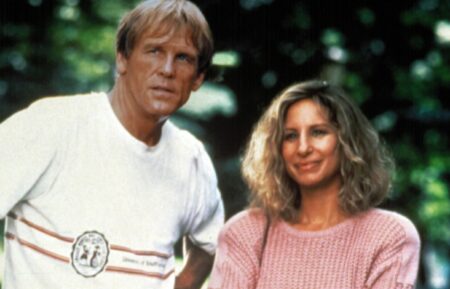
Apple TV+ Is Developing a ‘The Prince of Tides’ TV Series
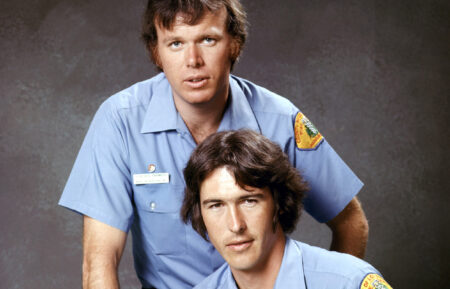
How to Watch Mark Harmon, John Travolta & More on ‘Emergency!’

Sela Ward Makes a Power Play on ‘Graves’
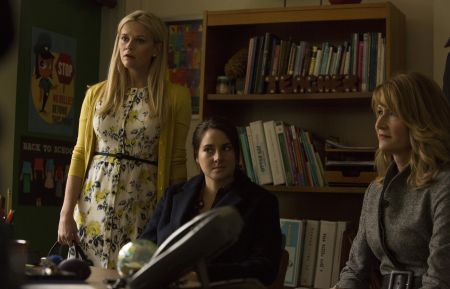
Who Is Dead on HBO’s ‘Big Little Lies’?
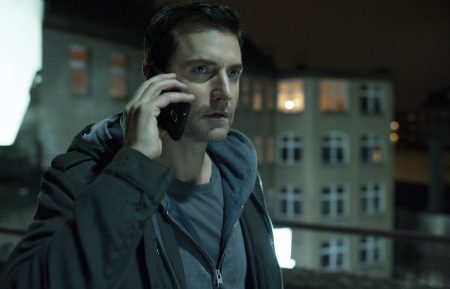
EPIX Renews ‘Berlin Station’ and ‘Graves’ For Second Seasons
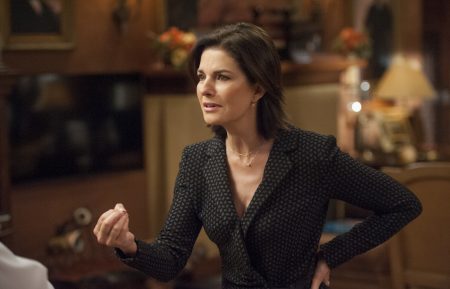
‘Graves’: Does Harry Hamlin’s Billionaire Have Designs on Sela Ward’s Margaret?

Premiere
‘Graves’: Nick Nolte, Sela Ward and More at Red Carpet Premiere (PHOTOS)
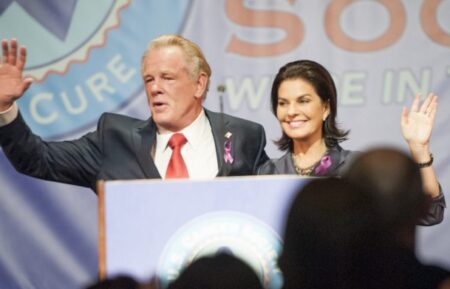
‘Graves’: Sela Ward on Playing First Lady to Nick Nolte’s Former President
